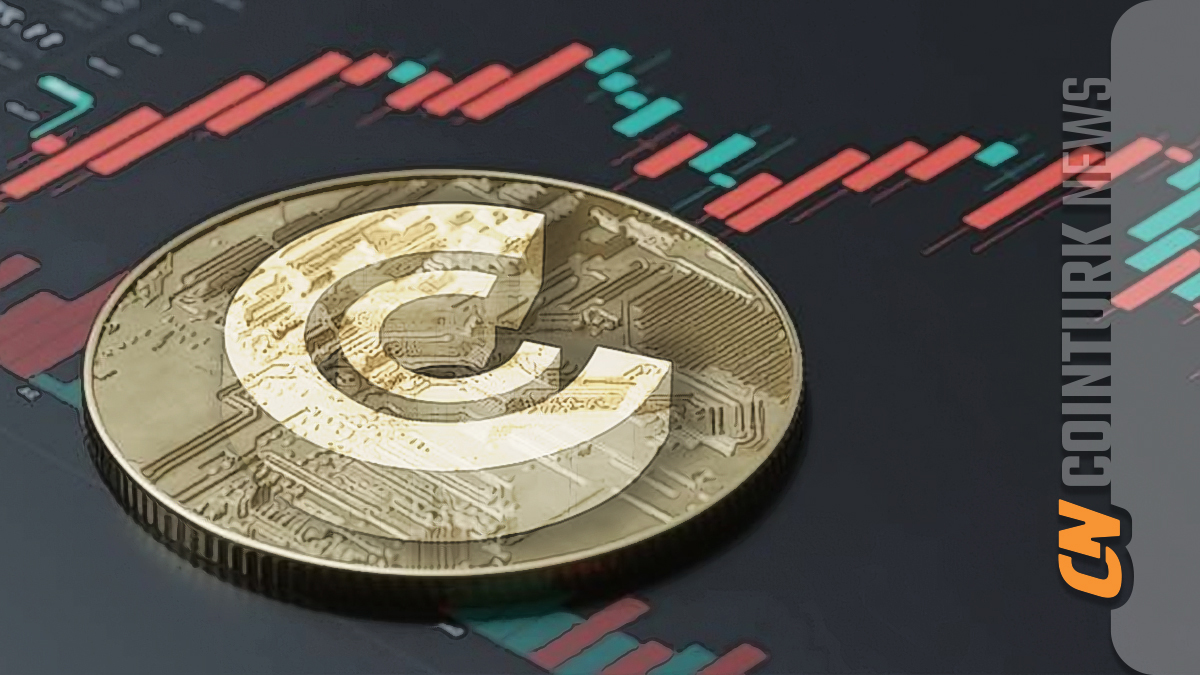Discussions on human consciousness and artificial intelligence (AI) attract significant interest in understanding technology’s boundaries and potential. The question of whether AI can surpass human intelligence and even develop consciousness one day is a crucial curiosity for both scientists and the general public. This article examines the extent to which artificial intelligence can mimic consciousness and intelligence.
Consciousness and Artificial Intelligence: Fundamental Differences
Consciousness is the sum of human experiences: a melody playing in our head, the sweetness of chocolate, the throbbing of a toothache, or the intense love for your child. Human consciousness is the result of millions of years of evolution and is too complex to be explained solely by data and computational capacity. Even among animals, whether they have consciousness or awareness of their existence is still debated. This shows how deep and complex the structure of consciousness is.
Artificial intelligence is trained with a specific data set and produces information within this data framework. For example, an AI trained with basketball data can correctly answer questions related to basketball. However, if asked a question outside this data, it may not be able to respond. This shows that AI operates only within the data it is trained on. Similarly, even if we provide all the data in the world to AI, it is not possible for it to develop consciousness independent of this data pool. AI is designed for a specific purpose, and developing its own motivation or consciousness is not possible with current knowledge and technology.
The Future of Artificial Intelligence: A Journey Towards Consciousness?
The idea that AI can achieve consciousness is not directly related to the amount of data and processing power. With more data and more powerful processors, AI can have a broader range of knowledge, but this does not mean it will develop consciousness. Consciousness cannot be achieved solely through data processing capacity; it requires deeper understanding and experience.
The thought that AI can surpass human intelligence depends on its ability to produce solutions we do not expect. For example, if we give AI a problem and it provides a solution independently and unpredictably, this could be an indicator of intelligence. However, even this situation does not show that AI has gained real consciousness.
AI is rapidly developing not only as software but also in the field of robotics. In the near future, it is likely that we will see robots performing tasks in our homes and interacting with us. However, developing such robots to behave like humans and perform daily tasks is a complex process. We face challenges such as mechanical complexities, energy storage, motor placement, and ensuring these systems work flawlessly. However, such developments seem likely to occur in the near future.
In conclusion, for artificial intelligence to reach the depths of human consciousness, it will need to go beyond its current mathematical and statistical foundations. Currently, AI is just a tool that processes the data we provide it. It will be interesting to see if future developments will enable AI to think and make decisions like humans. However, within current technological limits, the possibility of AI developing real consciousness remains very distant.
You can access the full article here: Can Artificial Intelligence Achieve Consciousness?

 Türkçe
Türkçe Español
Español









